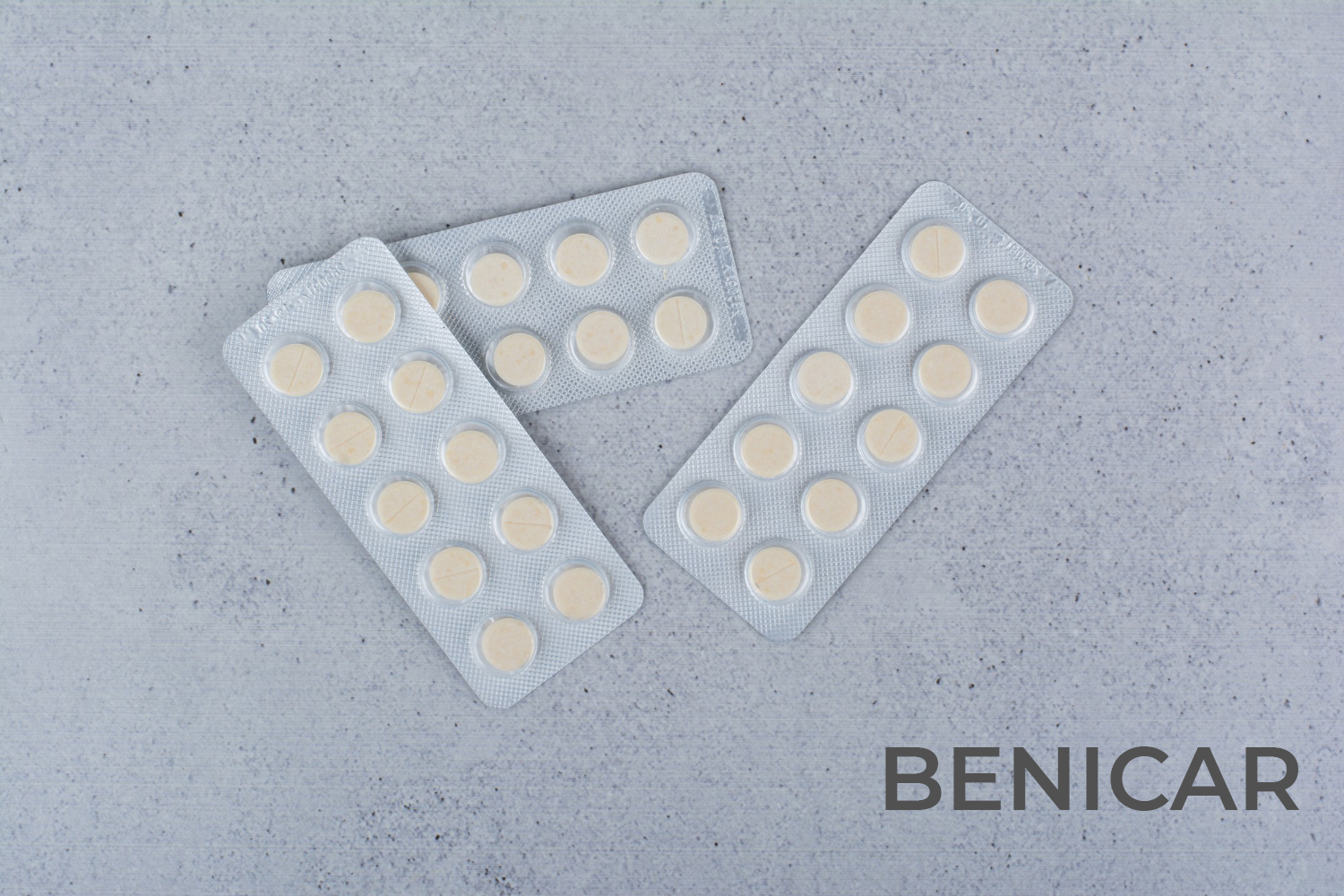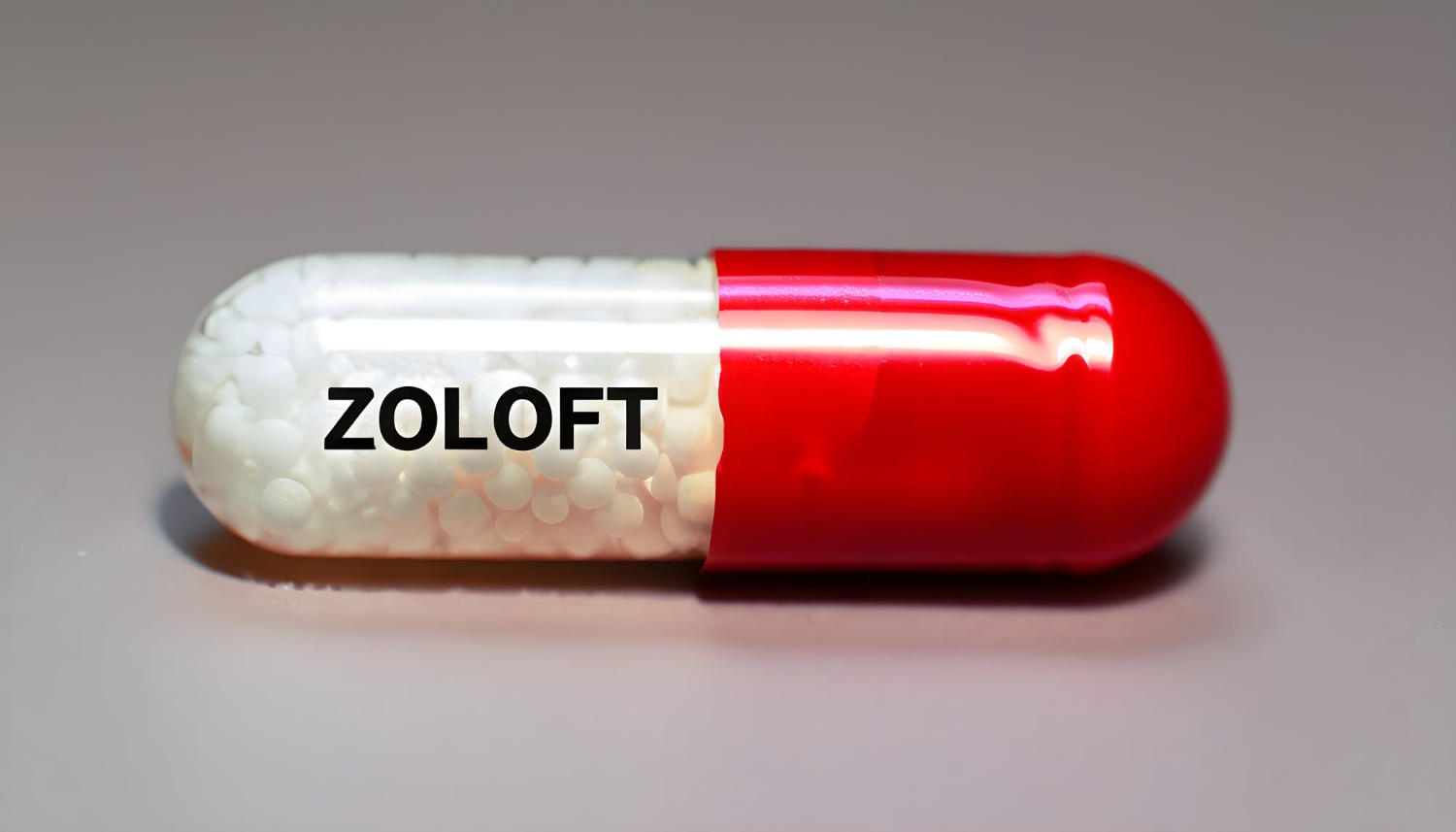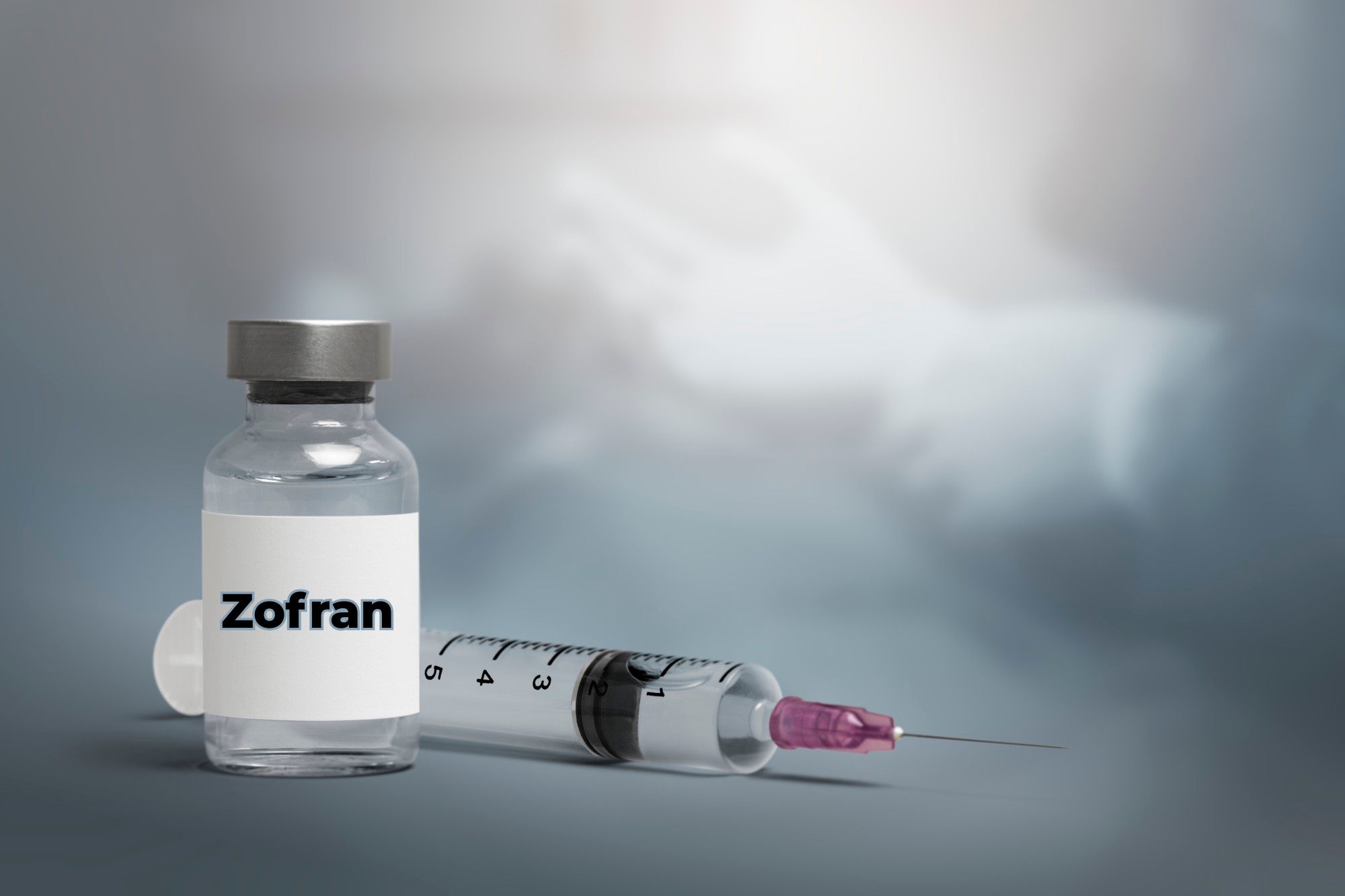This medication comes with a black box medical warning issued by the U.S. FDA which clearly states that this drug should be avoided during pregnancy. This medication can also cause severely low blood pressure when the body gets dehydrated which could lead to headache, dizziness, and lightheadedness.
Patients taking this medication can also encounter kidney damage if their renin-angiotensin system is activated. This condition develops when there is less fluid in the blood vessel. If a patient continues to use this drug for a longer time it can also lead to long-term diarrhea or weight loss.
Benicar might also interact with other medication, hence before getting it prescribed, the doctor should be well informed about the record, medical history, and other drugs being taken for treatment.
Taking this drug with lithium might lead to an increase in bipolar disorder drugs in the body. If the patient is already having aliskiren, angiotensin receptor blockers (ARBs) like telmisartan and angiotensin-converting enzyme (ACE) inhibitors like lisinopril, then taking Benicar might increase the risk of kidney damage, increase in potassium level in the blood, and low blood pressure. It must be noted that Nonsteroidal anti-inflammatory drug (NSAIDs) interactions may reduce the effect of Benicar.
If we speak of this drug dosage, it depends upon the age and severity of the condition. Children should not swallow a tablet, an oral suspension can be prepared using the tablets.
If patients develop less fluid in their body than normal or are having dialysis for kidney problems, then the dosage will have to be lowered initially. The race and ethnic background of the person also decide the dosage of Benicar.
In the year 2002, Benicar was approved by the U.S. Food and Drug Administration to treat high blood pressure. In 2003, it approved Benicar HCT which is a drug that comprises olmesartan with hydrochlorothiazide, a blood pressure drug from the thiazide diuretic drug class.
In the year 2013, the FDA made a safety announcement with regards to sprue-like enteropathy. The decision came after the development in research by FDA Advent Event Report System (AERS). The reports by the Mayo Clinic case series and data from the Center for Medicare and Medicaid Services (CMS) also played an integral role. The FDA instructed the drug manufacturer to make changes in the labeling of the blood pressure medication to include the essential warning.
As per the premarketing clinical trials, the adverse effects incident reported by Benicar manufacturer, Daiichi Sankyo related to olmesartan can be related to placebo similarity, as the negative aspect linked directly to Benicar with higher frequency superior to the placebo effect. This was reported in the prescribing information as dizziness being the common symptom. Millions of individuals who have been prescribed Benicar over the past few years have reported severe gastrointestinal reactions which are associated with drug usage.
The claim by users has not surfaced until 2012. Within a year time, the FDA ordered the change in warning labels for Benicar and similar drugs that contain olmesartan. Benicar lawsuits have been filed by patients who had suffered injury from sprue-like enteropathy. Benicar’s manufacturer agreed to resort settlement in August 2017 to clear Benicar claims from approximately 2,300 plaintiffs in cases for $300 million.
The U.S. Department of Health & Human Services (DOH) issued a warning letter to the Benicar manufacturer via the DDMAC - Division of Drug Marketing, Advertising & Communications. The letter appealed to Sankyo to immediately stop the promotion of marketing materials that include unsubstantiated effectiveness and false superiority claims. The manufacturers were also ordered to include detailed information on the risks associated with the use of Benicar.
Patients who took Benicar filed lawsuits claiming that they were not informed about serious gastrointestinal problems which this drug can cause. In 2017, Daiichi Sankyo, the manufacturer of Benicar and co-promoter Forest Laboratories agreed to a settlement of $300 million to compensate nearly 2,000 patients for their injuries. Benicar has not yet been withdrawn off the market.
The first federal lawsuit against Benicar was filed in 2014 after the FDA warned that drugs contain the active ingredient olmesartan that could lead to sprue-like enteropathy which is a disease known to cause weight loss and severe diarrhea.
On September 23, 2019, Judge Robert B. Kugler issued an order for a qualified established settlement fund. As of October 15, 2019, a total of 111 Benicar lawsuits are pending in multidistrict litigation (MDL) in New Jersey.
As per the master federal complaint, the Japanese company Daiichi spent $1 B to market Benicar and Benicar HCT between 2002 and 2008. The promotional materials did not mention serious risks, and the drugs became top sellers by misleading healthcare professionals and consumers.
The U.S. Food and Drug Administration warned Sankyo in 2006 that its marketing materials violated federal regulations. At the time, Sankyo was not associated with Daiichi.
According to the lawsuits, the FDA informed Daiichi Sankyo and Forest to stop making false claims that Benicar is superior to other drugs.
As per the terms of the settlement in 2017, Daiichi Sankyo could have stayed away from the entire deal if at least 95 percent of the plaintiffs would have agreed to resort to the matter by settlement.
To the misfortune of Daiichi, only five plaintiffs opted for settlement in August 2018, which meant the deal for negotiation will continue as per further litigation.
Despite Benicar manufacturer agreeing to the multimillion-dollar payout, they denied the fact that plaintiffs suffered injuries due to their drug and stated that "this litigation is without merit.”
Executive Chairman and President of Daiichi Glenn Gormley said in a statement stated their company is committed to the health and safety of consumers having their medications. He further added that the company believes that the settlement is in the best interest of all, and will enable bringing innovation in medicines that will help patients lead a meaningful life.
It must be noted that just over one-half of individuals with high blood pressure is controllable. Seven out of 10 adults with high blood pressure are intaking blood pressure medication. These patients are being prescribed medication like Benicar or medication which comes along with active ingredients like olmesartan.
For patients facing high blood pressure complications, they should have Benicar for control. This medication is said to reduce the risk of heart attack and stroke.
Benicar can also create a problem for fetuses, especially trimesters in the second and third phases. Many of these complications can be fatal to the fetus. Also, the drug is not recommended for children under the age of one, as it can negatively affect kidney growth and development. Other individuals can experience adverse reactions when taking Benicar.
Benicar comes in different prescriptions which are in the tablet form having strengths of 5 milligrams yellow in color, 20 milligrams white in color, and 40 milligrams oval-shaped white color. The intake of this drug can be with or without food, and Benicar can be administered with other antihypertensive medications or diuretics.
The daily recommended dosage of Benicar is 20 mg daily for adults in the earlier stages. If the patient needs more reduction in the blood pressure level, the dosage can be increased to 40 mg once a day. It must be noted that Benicar easily interacts with other drugs, hence be sure to inform the doctor about other medicines which are currently being taken. If Benicar interacts with Aliskiren, NonSteroidal Antiinflammatory Drugs like buprofen (Motrin) or naproxen, angiotensin-converting enzyme inhibitors such as captopril and colesevelam hydrochloride then it can cause kidney problem, excessively reduce blood pressure level or make the functioning of the drug ineffective.
Serious Alleged Injuries May Include:
- Sprue-Like Enteropathy
- Joint Or Pain Muscle
- Stomach Pain, Nausea, Vomiting
- Weakness
- Dizziness
FDA Safety Warnings:
On July 03, 2013, the U.S Food and Drug Administration (FDA) issued a warning to the manufacturer of Benicar. The warning stated that the side effects of this drug were not disclosed to the patients, as well as prescribers that this drug can cause intestinal problems known as sprue-like enteropathy (severe, chronic diarrhea with substantial weight loss). As result of its evaluation, the FDA announced that olmesartan drugs would update their label to include the risk of sprue-like enteropathy.
Benicar also has a black-box warning regarding the risk of birth defects in women who are pregnant while taking the medication
Legal Updates:
The company eventually settled with the U.S. Department of Justice on an amount of $39 million. The company had been charged under the False Claims Act.
Many lawsuits were filed against the company by individuals and state attorneys
Daiichi Sankyo and Forest Laboratories faced about 2,000 Benicar lawsuits as a result of gastrointestinal illnesses. In August 2017, the manufacturers agreed to pay $300 million to settle the product liability claims by those who suffered chronic diarrhea and other gastrointestinal injuries after using Benicar, Azor, and Tribenzor.
News
Dec 8, 2017: FDA Pressurized To Issue A Benicar Recall
Public Citizen, a prominent consumer watchdog group, filed a recall petition for the FDA to issue a Benicar recall and ban all the other olmesartan drugs, such as Benicar HCT, Tribenzor, and Azor stating these have been linked to the development of sprue-like enteropathy causing severe diarrhea and weight loss that may surface months or even years after the first use of the drug, endangering the patients with unnecessary risks. The group highlighted the fact that the use of the active ingredient olmesartan, outweighs any potential benefits provided to the consumers, stating the use can cause permanent damage to the intestines known as villous atrophy from Benicar. Daiichi Sankyo and Forest Laboratories who faced more than 2,000 Benicar lawsuits together announced a settlement amount of $300 million in mid-2017 for those who suffered chronic diarrhea and other gastrointestinal injuries after using Benicar, Azor, and Tribenzor without accepting any liability.
Aug 2, 2017: Daiichi Sankyo Offers $300 Million To Settle Benicar Lawsuits
The Plaintiffs of Benicar MDL 2606 have been offered a settlement amount of $300 million by Daiichi Sankyo. If a 95% agreement is reached by all the claimants, the settlement procedure will be finalized for the 2,300 cases filed under the respective MDL. The company capped the settlement at $300 million and covered only the federally filed cases in the US district court; cases filed in New Jersey State Court are not a part of this settlement. Though the settlement may come forth, the company, however, denied any liability by this move and said it continues to believe that the claims were without merit. The fate of the settlement will be revealed soon.
Evidence:
- Usage Of Benicar In Pharmacy Records
- Duration Of Usage
- Proof Of Injury In Medical Records.
Medical Record Review and claim validation of Benicar case should take approximately 3 hours in most instances; however, this approximation may vary in cases based on the volume of records.




